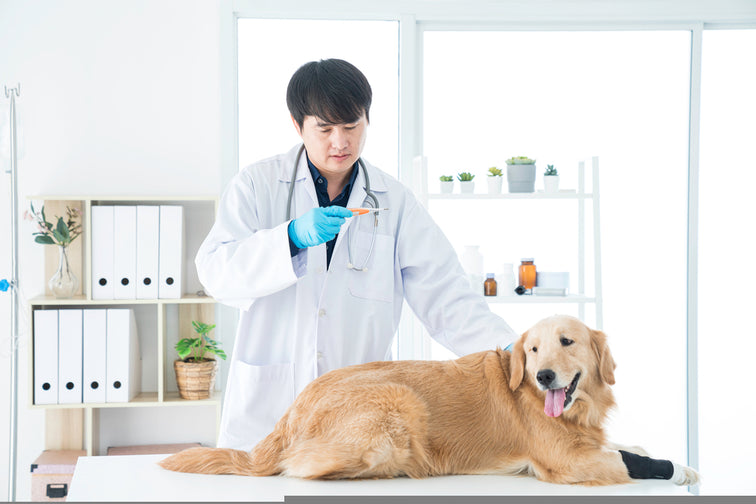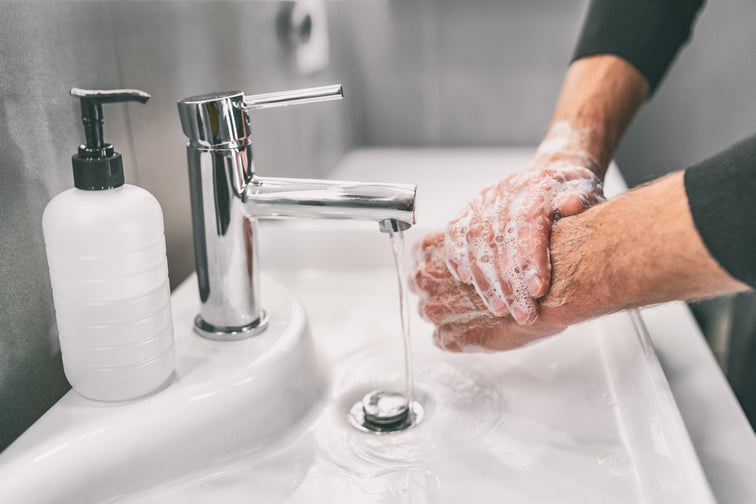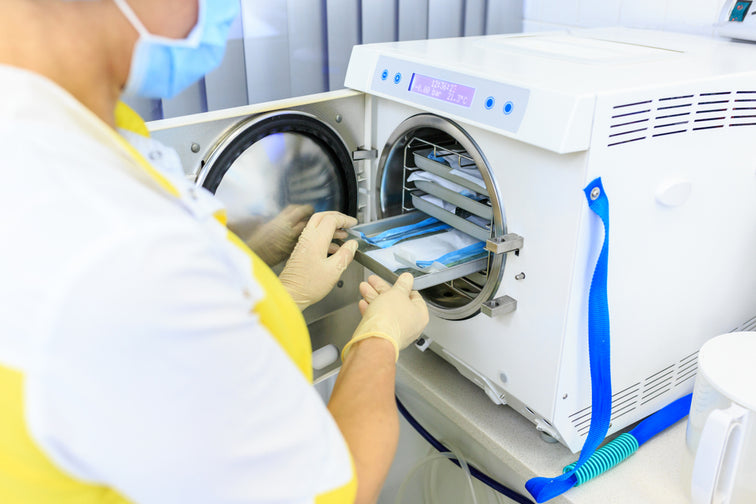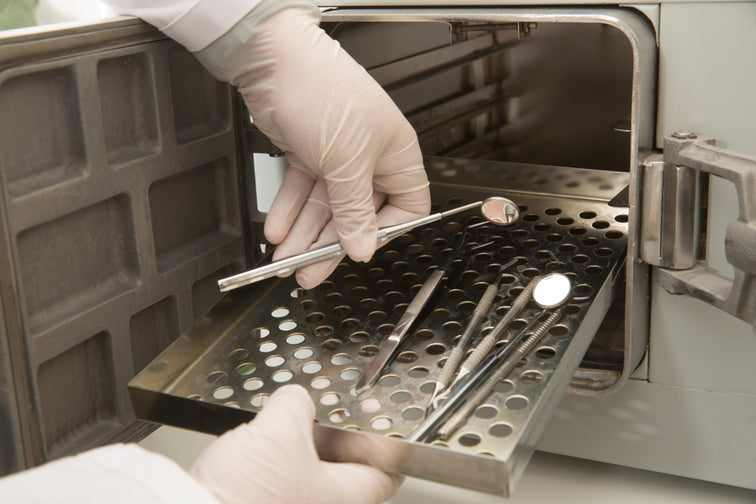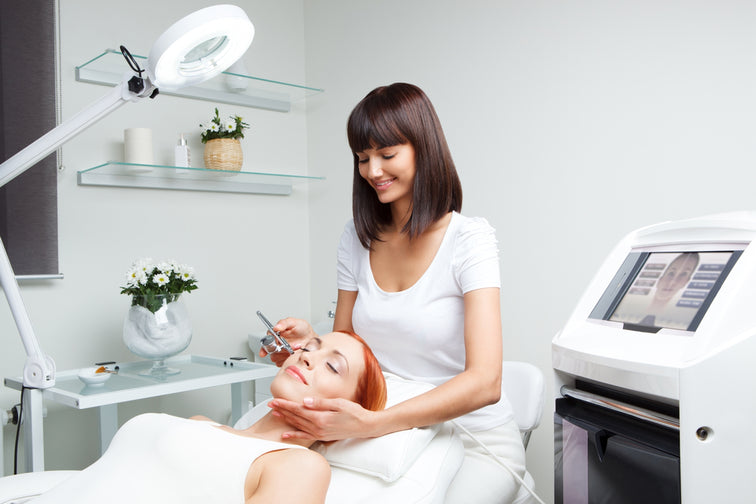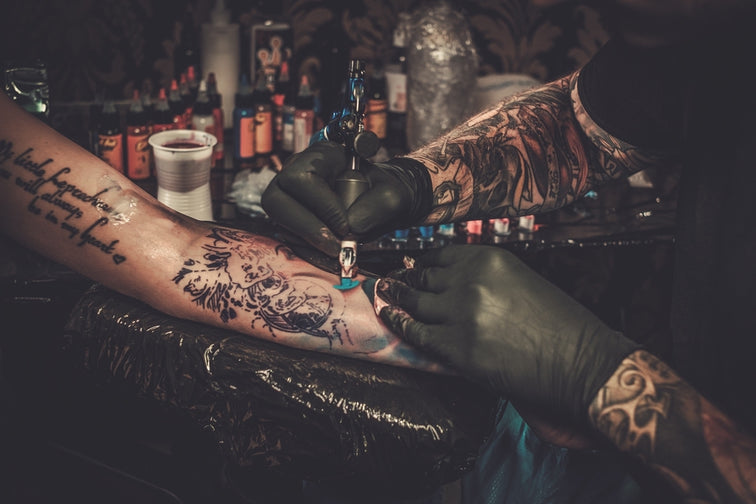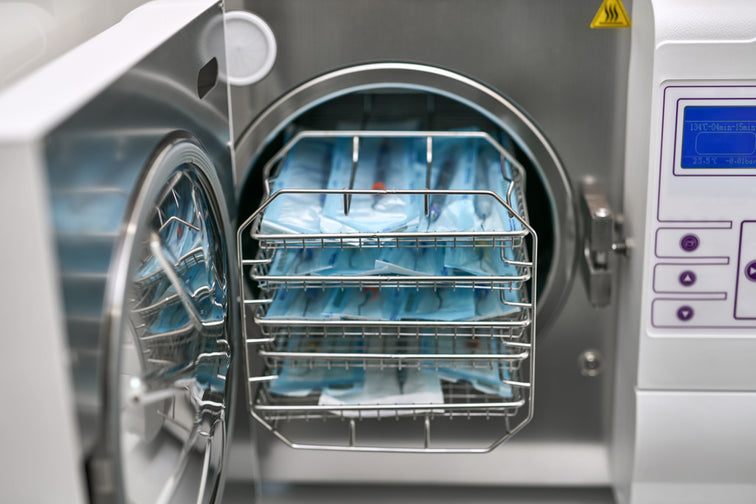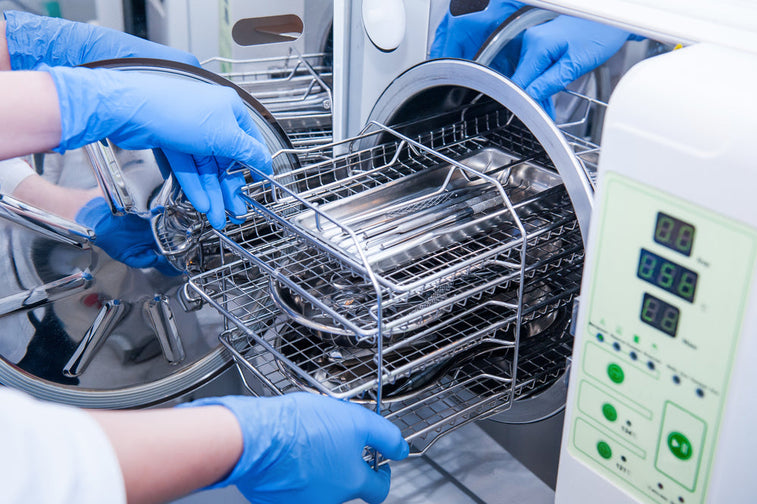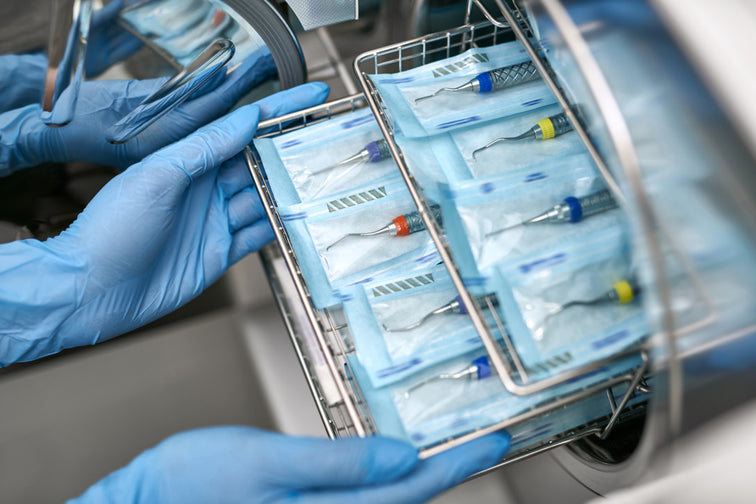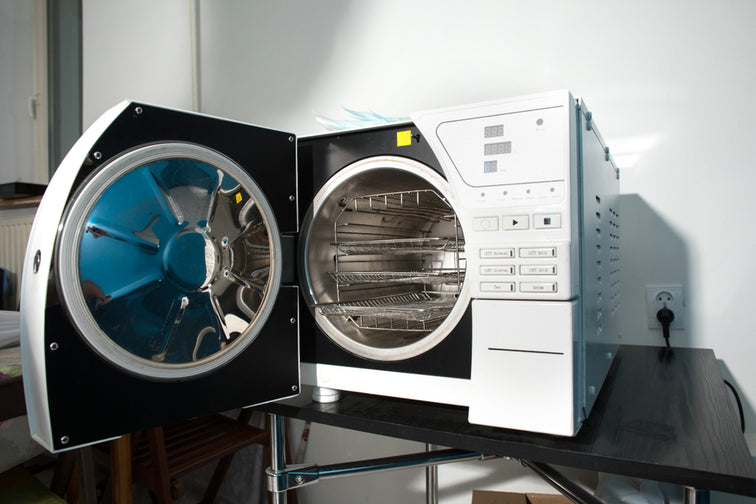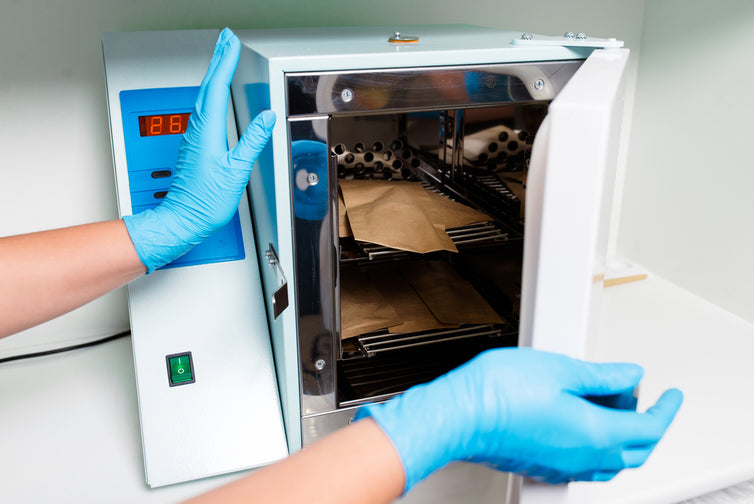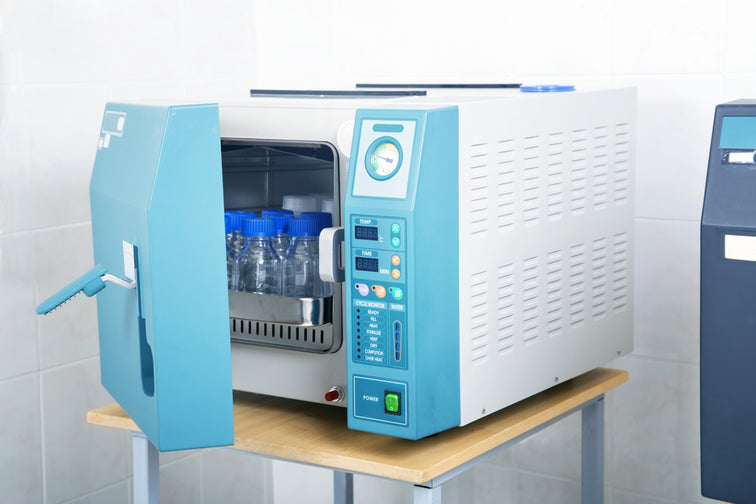Do Veterinary Clinics Use Autoclaves?
Have you ever wondered how veterinary clinics keep their equipment sterilised? Sterilisation in veterinary clinics is often not really thought about; however, it is a very important practice especially in settings such as this. One way that veterinary clinics keep their equipment sterilised is by making use of an autoclave. Autoclaves are specialised devices that are capable of sterilising even the most stubborn spores and microorganisms. If you want to learn more about autoclaves and how they are used in veterinary clinics, then please keep on reading below. What Is An Autoclave? An autoclave is a medical device that is...

